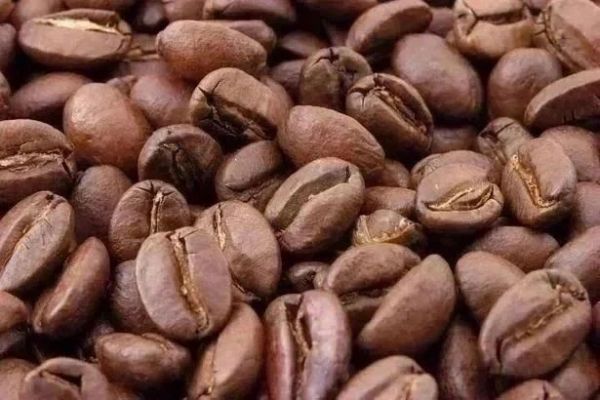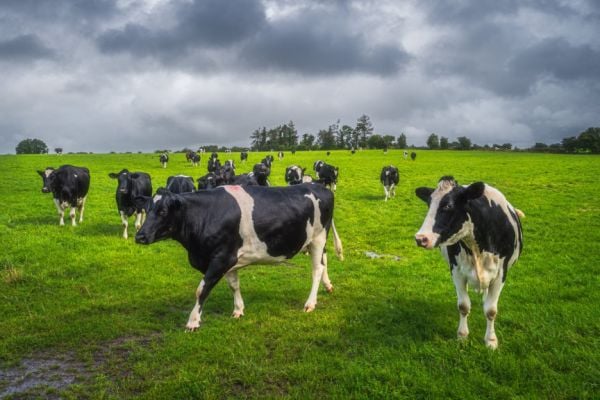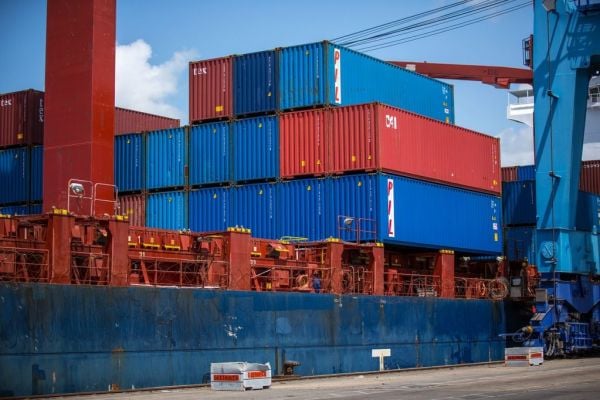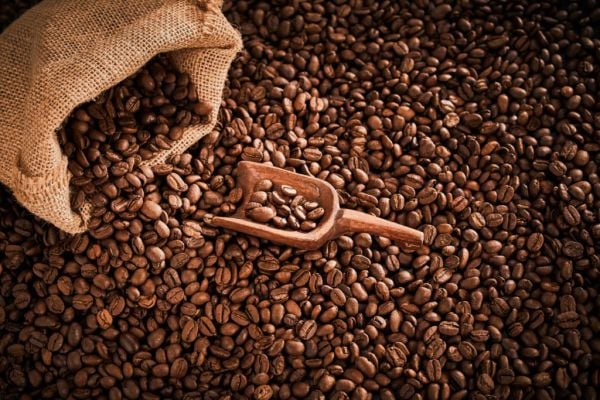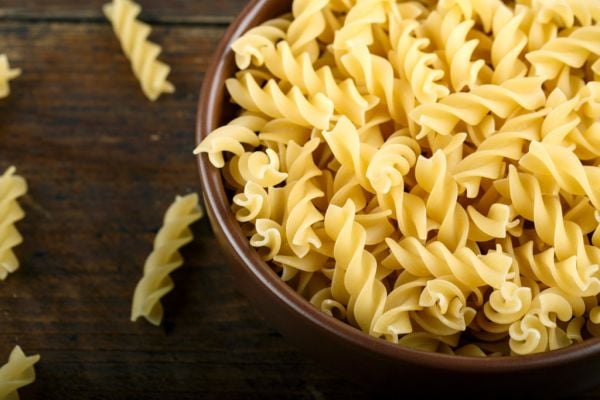Farmers in Brazil are benefiting from a drop in fertiliser import prices this year after sanctions against major producers Russia and Belarus in 2022 sparked fears of a global supply shortage.
According to analysts, Brazilian growers of staples like coffee and soybeans saw an increase in their purchasing power for inputs like urea and the NPK fertiliser mixture, containing nitrogen, phosphorous and potassium in different proportions.
Farmers in top grain state Mato Grosso, for example, needed the equivalent of 17.19 60-kilo bags of soybeans to buy one tonne of NPK fertilisers in the last week of March, according to prices compiled by Argus Media based in the Rondonopolis area.
Though this is 0.7 bag per tonne higher than at the end of February, it is sharply lower than the 27.44 bags per tonne seen a year ago, the data showed.
Higher International Coffee Prices
In the case of Brazil's Arabica coffee, higher international coffee prices and lower nitrogen fertiliser costs mean farmers would now need the equivalent of 1.8 bags of coffee to buy one tonne of urea, the lowest ratio in eight years, according to data from agribusiness consultancy Agrinvest.
Agrinvest analyst Jeferson Souza said all domestic farmers are gaining from the drop in fertiliser prices, even as the price of commodities like soy, of which Brazil is the world's largest exporter, fell in recent days.
He said this means farmers are likely to increase applications.
Brazil's government wants to reduce the country's dependence on fertiliser imports.
Rekindled Interest
That stance has already rekindled interest in a potash mining project in the Amazon, while a new phosphate mine is being developed in southern Brazil.
State-run Petrobras may also resume large nitrogen fertiliser projects.
Fertilisers accounted for 49% of the cost of production for the 2022/23 soybean crop in Mato Grosso, but that will fall to 46% in the next season, Argus said, citing data from farmer-backed research institute Imea.
News by Reuters, edited by Donna Ahern, Checkout. For more supply chain stories, click here. Click subscribe to sign up for the Checkout print edition.
